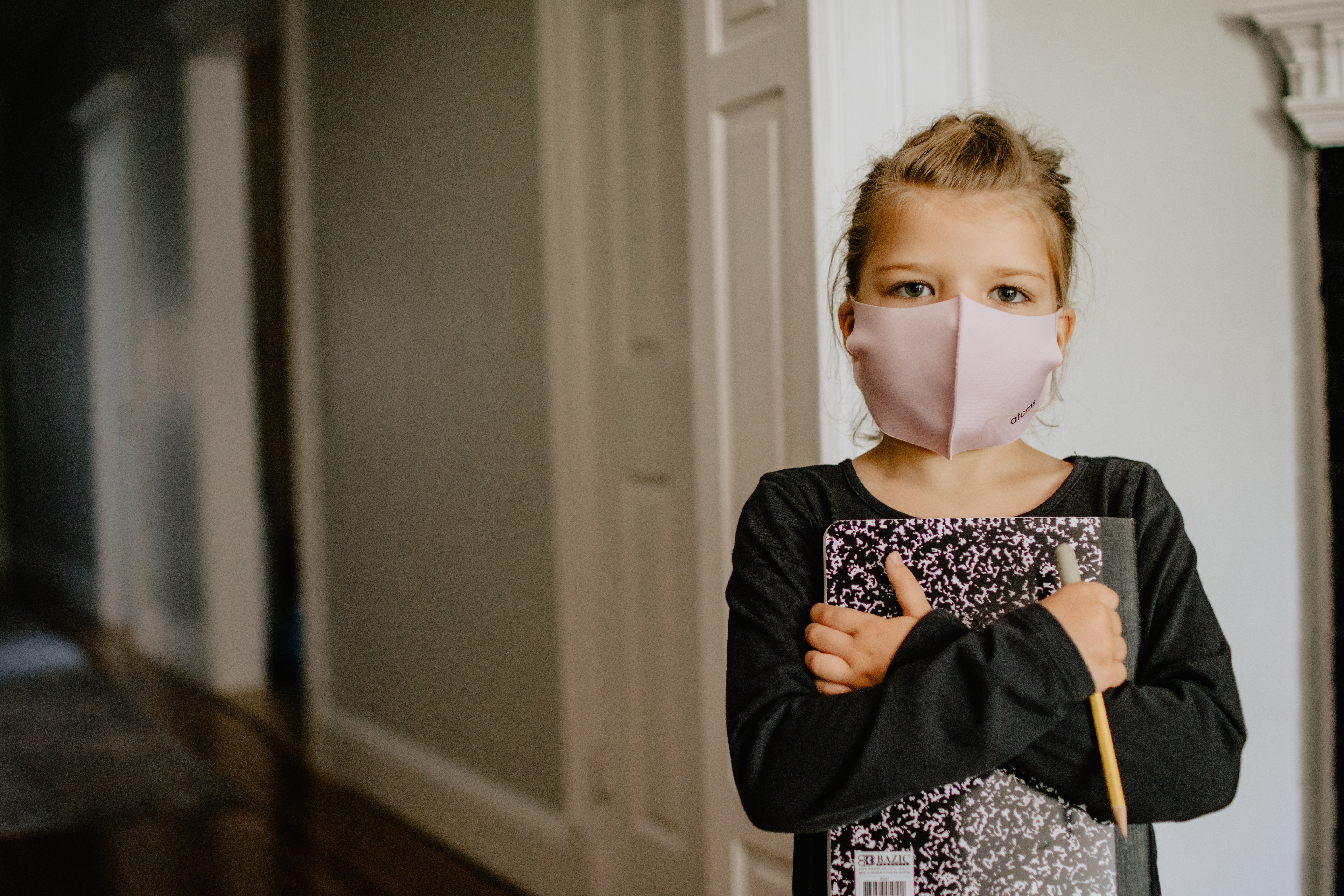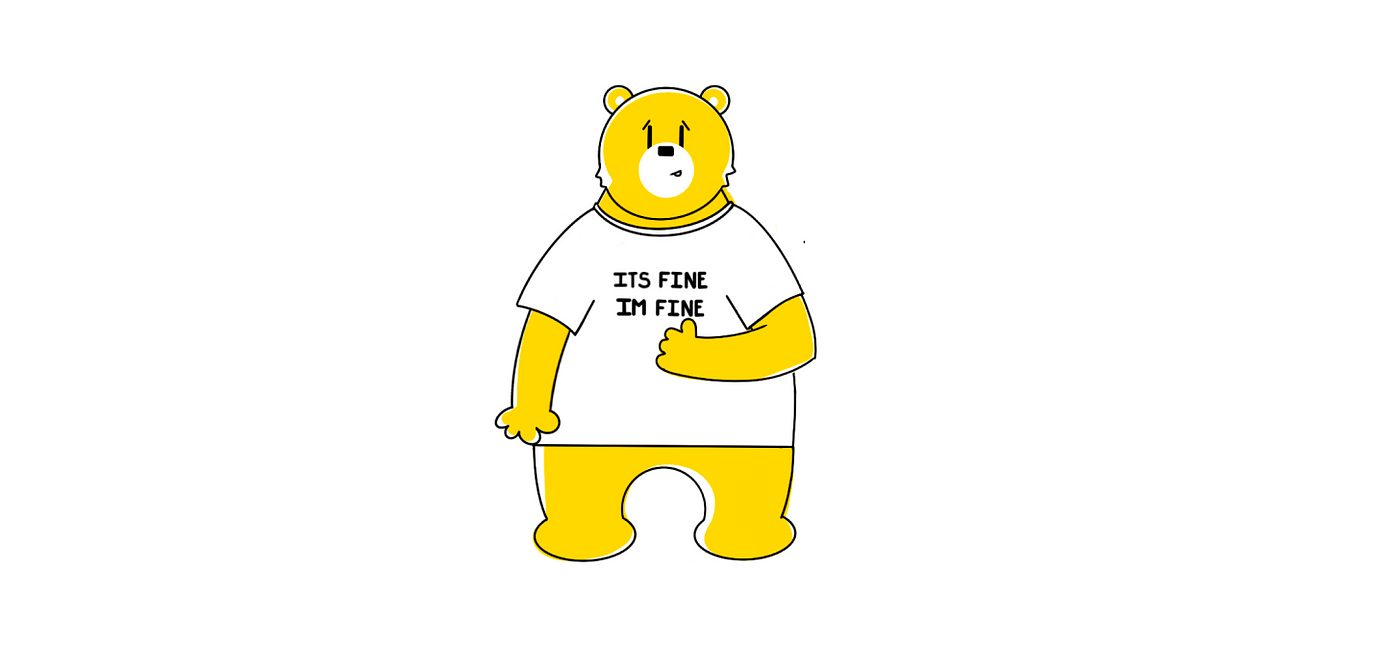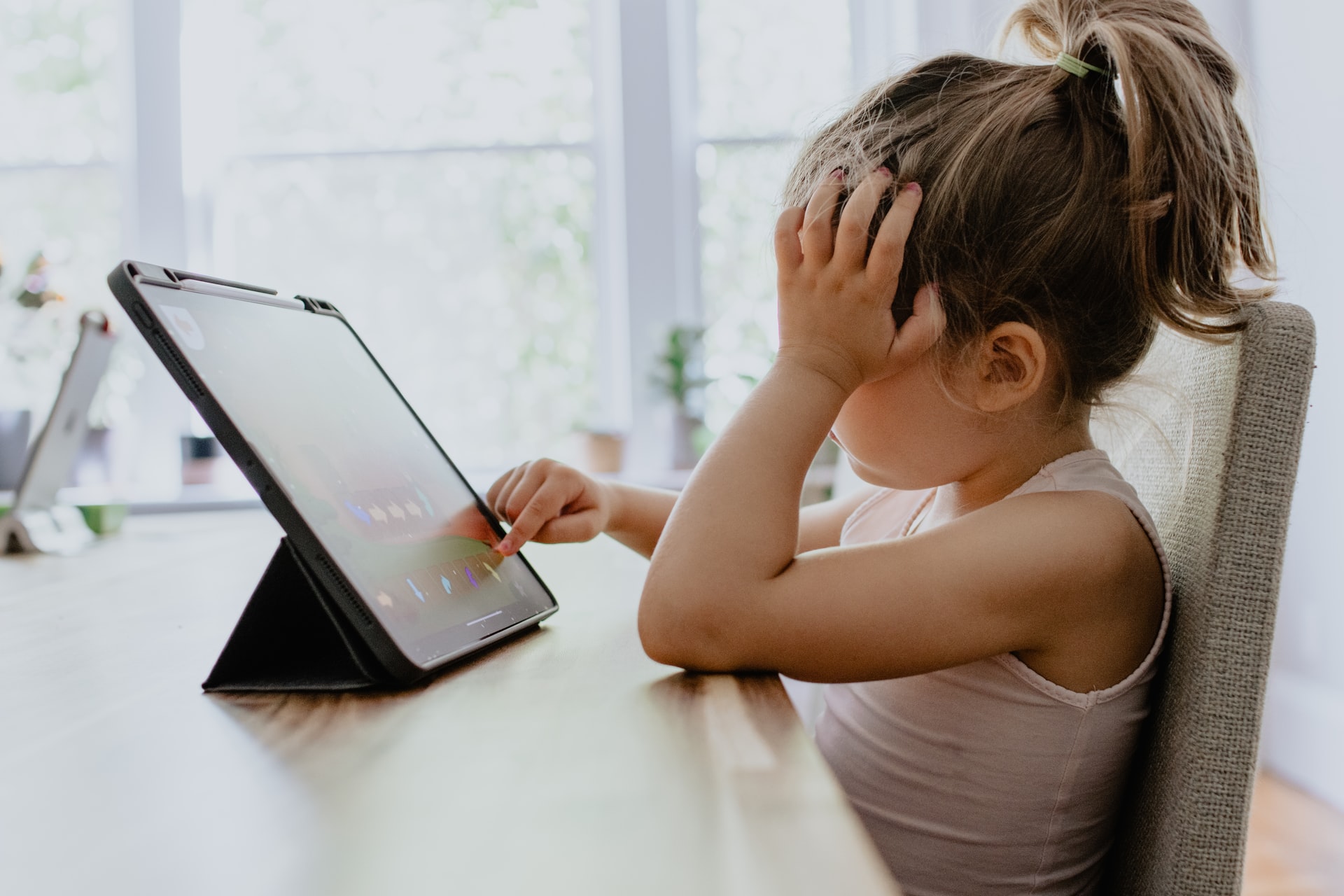What to do if your child is anxious about going maskless in school

Students across the country are finally able to walk the halls of their schools with visible smiles after living through two years of the global COVID-19 pandemic. All 50 U.S. states in the nation have dropped their mask mandates for schools since the Centers for Disease Control and Prevention issued the okay to go maskless indoors on Feb 25.
Parents have taken to school district meetings to stand against mask mandates making the policy a lightning rod issue. Those who opposed masking students pointed to the negative impact masks could have on children. The World Health Organization has given credence to those fears when it stated that masks could likely have an impact on children’s learning and psychosocial development.
However, there is also evidence to show that masking in school has reduced the transmission of COVID-19. While children experience less severe cases of the COVID-19 virus than adults, thousands of children have been hospitalized since the start of the pandemic.
Though many people welcome the change back to normalcy, there are others who are anxious about unmasking, primarily children, who have spent nearly two years wearing masks indoors.
Children are experiencing no-mask or unmasking anxiety
This policy change has been a point of anxiety for many children as they’ve experienced the loss of loved ones or educators from the virus or have heard about the number of deaths on TV. They’ve been instructed to wear masks to keep safe from a deadly virus and are now being told otherwise, sometimes with little to no explanation.
Although they’ve since been given the greenlight to ditch their masks, many children have clung onto them for fear of contracting the virus. Other students, specifically teenagers, are also clinging onto masks for reasons that not only include their health.
Teenagers have their own unique anxieties regarding unmasking that stems from insecurities. They’re at an age where they’re more conscious of their looks and how others might view them.
Some teenagers may deem themselves less attractive without their mask or use it to cover up a pimple or a blemish on their face. Going maskless can make them feel more vulnerable to the judgment of their peers on their looks and not their personality.
Students in their preteen or early teen years also develop what’s referred to as the imaginary audience. They believe that there’s a spotlight on them and their flaws and feel as though they’re under the microscope every time they step outside of their home. This sense of scrutiny has caused some teens to be averse to going maskless to school.
Whatever the reason may be that a child decides to hold onto their mask, it’s important that they’re able to express their concerns with you as their parent and find ways to adapt to change.
If your child is experiencing anxiety around unmasking, here are some ways to talk them through it.
One major lesson that we’ve all come to learn during this pandemic is that there isn’t much that we can predict; however, your child can look to you as a guide on how to navigate through this ever changing landscape. If you sense that your child is having a hard time adjusting to a life without masks, here’s what you can do.
Explain the science around unmasking.
One factor that may be causing your child’s anxiety is simply their confusion as to what’s happening. Try your best to walk them through the scientific rationale behind the policy change around indoor masking and how the case number of COVID-19 dictates the need for masks. This will help them make sense of the changes and assure them of their safety.
Ease them back into a maskless situation over a period of time.
Since children have been conditioned to the idea that masks are there to be safe, it’ll be difficult to jump right into a scenario where they’re maskless. Try to get them used to being without a mask by taking them to a location that isn’t so busy and have them go maskless for a short time. This could be about a minute long. Afterwards, try increasing the time or going to a place with more people. Repeat this process with more time until eventually they’re comfortable being around people without their mask.
Give your child some notice of the rules ahead of going to a location.
Though some places might lift their indoor mask policy, others will likely keep them in place. Let your child know ahead of time what to expect so that they know that as the risk of contracting COVID lowers, the need to wear a mask now changes depending on where you’re going. If they have questions, do your best to answer them openly with your child as to help lessen their concern.
People will have a difference of opinion and that’s okay
Some students may continue to wear masks in schools after the lifting of the mandate and that’s totally fine. Everyone goes at their own pace. Others might choose to go maskless while others wear a mask everywhere they go. It’s important to let your child know that it’s a personal choice when it comes to masking.
Though the situation may change, the principle will remain the same.
You and your child might be invited to an event where the host requires masks or asks that people come unmasked. Business owners might require a mask for entry into their restaurant or store. Let your child know that people who share their space can often dictate the rules there.
When it comes to your teenager’s concerns about their looks, try not to be dismissive.
It’s often difficult for kids to vocally express their feelings, so if you sense that your teenager is having a hard time adjusting to changes in mask policy, help them label their feelings. Try something like, “it sounds like you’re concerned with how others might see you without your mask. Can you tell me why?”
This will help your child open up and give you a better understanding as to what they’re facing.
Teens often believe that they’re the only ones going through internal strife, but it’s good to remind them that they’re not alone in their worries. Experts say that teens feel less isolated in their fears once they know that their peers are going through the same thing. Encourage your teen to talk to their friends about any shared concerns around unmasking.
It’s also important for parents to know that these insecurities and stresses are all a part of their development as teenagers. Whether it’s braces, glasses, retainers, zits, or bad hair days, teens have always been self conscious about their looks and will need to build that resilience up for a healthy outlook later in life. As long as they have a caring parent in their corner they’ll be fine.
Photo by Kelly Sikkema on Unsplash

